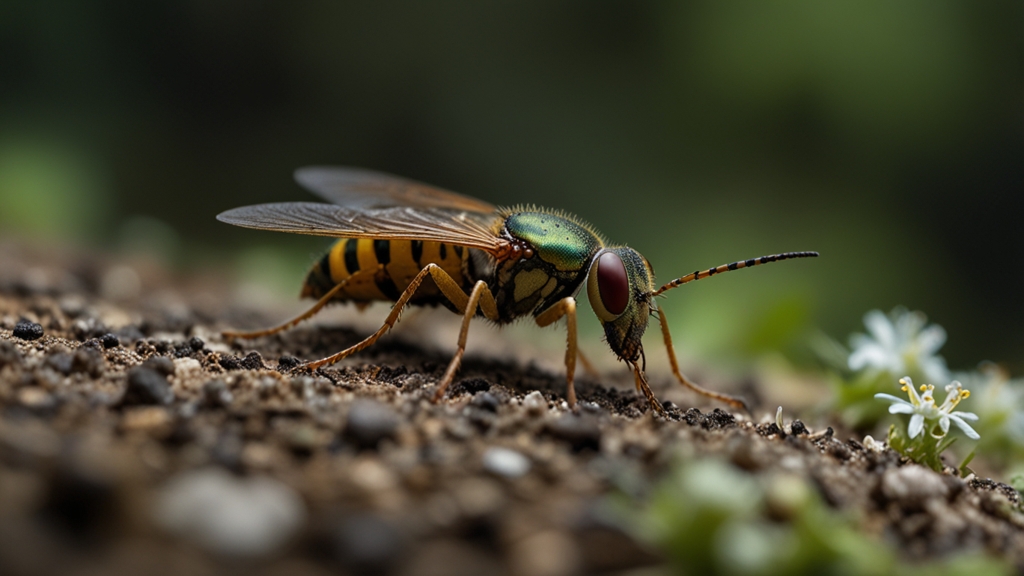Coral Kingdoms: The Colorful World You Didn't Know Existed
Our planet is a treasure trove of natural wonders waiting to be explored. Among these, the least known yet incredibly vibrant are the underwater coral kingdoms. These marine ecosystems, often called the rainforests of the sea, are teeming with life and color beyond imagination.
The Vibrant Ecosystem
Coral reefs are composed of colonies of tiny, living animals called polyps. Each polyp secretes calcium carbonate to form a hard skeleton, which collectively becomes the coral structure we recognize. These structures provide habitat, food, and breeding grounds for a dazzling array of marine species. Fish, crustaceans, mollusks, and many other creatures thrive in these underwater havens.
"Coral reefs are among the most diverse ecosystems on Earth, hosting more species per unit area than any other marine environment."
— National Oceanic and Atmospheric Administration (NOAA)
The Colors of Life
One of the most enchanting aspects of coral reefs is their incredible array of colors. These vivid hues are primarily the result of symbiotic relationships between coral polyps and microscopic algae called zooxanthellae. The algae reside within the coral tissue, performing photosynthesis and providing essential nutrients to their hosts. In return, the coral provides the algae with a safe environment and carbon dioxide necessary for photosynthesis.
This symbiosis results in the stunning colors we see. The vibrant blues, greens, yellows, and reds are more than just breathtaking; they signify healthy and thriving coral ecosystems.
The Biodiversity
A single coral reef can support thousands of different species. From the smallest microorganisms to larger marine animals like sharks and rays, the biodiversity is truly remarkable. Scientists estimate that millions of undiscovered species may still live in these underwater worlds, waiting to be studied and understood.
"Around 25% of the ocean's fish depend on healthy coral reefs."
— World Wildlife Fund (WWF)
The Importance to Humanity
Coral reefs are not just vital for marine life; they play a significant role in human well-being. They protect coastal areas from erosion and storm surges, provide millions of people with food and livelihood through fishing, and boost local economies through tourism.
Additionally, coral reefs are valuable to medical research. Many marine organisms found in coral ecosystems produce unique compounds with potential pharmaceutical applications. Drugs for treating cancer, arthritis, bacterial infections, and even heart disease have been derived from reef organisms.
Threats to Coral Reefs
Despite their importance, coral reefs face numerous threats. Climate change, ocean acidification, overfishing, and pollution are among the most pressing issues. Coral bleaching, a phenomenon where corals expel their algae due to stress from rising sea temperatures, has led to widespread reef degradation.
Conservation Efforts
Efforts to conserve and restore coral reefs are underway globally. Marine protected areas, sustainable fishing practices, and initiatives to reduce carbon emissions are critical steps. Scientists are also exploring innovative solutions like coral gardening and breeding heat-resistant coral species.
"By protecting coral reefs, we are safeguarding a crucial resource for both marine and human life."
— International Coral Reef Society
Conclusion
The coral kingdoms of our oceans are vibrant, intricate, and incredibly significant. Their preservation is not just about maintaining their beauty but ensuring the health and sustainability of our entire planet. As we continue to explore and understand these majestic underwater worlds, it becomes ever more crucial to protect them for future generations.








